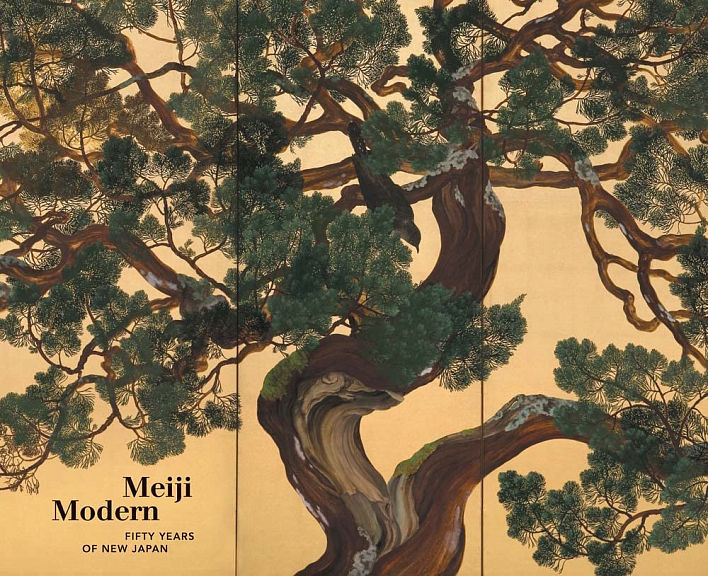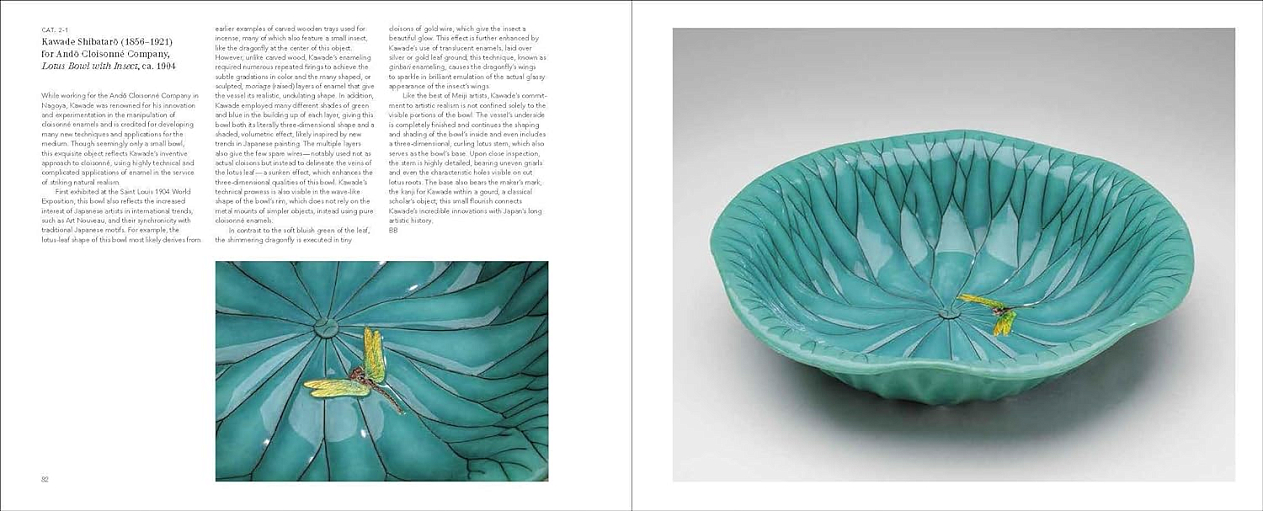-
Книги
- Нонфикшн
- Гуманитарные науки
- Деловая литература
- Естественные / Точные науки
- Книгоиздание
- Лайфстайл
- Словари / Энциклопедии
- Художественная литература
- Детектив
- Драматургия
- Классическая проза
- Мифология. Эпос
- Поэзия
- Собрания сочинений
- Современная художественная проза
- Фантастика. Фэнтези
- Биографии / Мемуары
- Графические романы / Комиксы
- Детские книги
- Воспитание. Педагогика
- Детский досуг
- О детских книгах
- Познавательная литература
- Художественная литература для детей
- Журналы / Зины
- Архитектурные
- Гуманитарные
- Журналы о моде
- Зарубежная периодика
- Искусство / Фотография
- Кино / Театр
- Лайфстайл
- Книги «Подписных изданий»
- Книги на иностранных языках
- Английский язык
- Испанский язык
- Итальянский язык
- Книги на иностранных языках для детей
- Немецкий язык
- Финский язык
- Французский язык
- Шведский язык
- Книги о кино
- Книги о музыке
- Книги о средневековье
- Книги о театре
- Книги о фотографии
- Книги об искусстве / Книги об архитектуре
- Альбомы по искусству
- Архитектура
- Декоративно-прикладное искусство
- Живопись
- Искусствоведение
- Орнаменты
- Прочее
- Танец
- Татуировка
- Творческое развитие
- Книги по философии
- Кулинарные книги
- Николай Солодников рекомендует
- Предзаказ
- Про дизайн / Про моду
- Путеводители / Книги о путешествиях
- Канцелярские товары
-
Подарки
- Брошки и значки
- Гирлянды
- Закладки
- Игры
- Календари
- Наклейки
- Наши сувениры
- Открытки
- Всякие-разные
- Наборы открыток
- Поздравления
- Про любовь и другие хорошие чувства
- С писателями и поэтами
- С цветами, овощами и фруктами
- С цитатами и другими фразами
- Подарочные сертификаты
- Постеры
- Прочее
- Сумки и шоперы
- Упаковка
- Подарочные сертификаты
Адрес магазина: Санкт-Петербург, Литейный пр., 57
Meiji Modern: Fifty Years of New Japan
| Автор | |
|---|---|
| Издательство | Yale University Press |
| Год издания | 2023 |
| Переплет | Твёрдый |
| Страниц | 272 |
| Формат | 297x241 мм |
| Язык | Английский |
| ISBN | 978-0-30026357-2 |
| Артикул | 1186847 |
Charting Japan’s unique engagement with modernity during the Meiji era, through an extraordinary selection of objects in American collections.
This exhibition catalogue takes a fresh look at the art of Japan’s Meiji era (1868–1912), through a vivid selection of approximately 175 objects drawn from early public and private collections across the United States, including newly discovered prints, photographs, textiles, paintings, and craft objects. Featuring motifs such as the sea and nature, Buddhist deities, contemporary life, and mythical animals, Meiji Modern highlights these themes and their transformation with the introduction of newly imported techniques and materials at the intersection of art, industry, and society. The Meiji era was a complex period of unprecedented cultural and technological transition that played out in the context of intense global competition. The objects assembled in this stunning catalogue also document the history of American collections of nineteenth-century Japanese art. Highlighting the active role of art in the construction of the Japanese nation-state, the works in a variety of mediums capture the hopes and aspirations of Japanese modernization along with its challenges. Building upon this perspective, essays emphasize modern Japanese artists’ engagement with both European and Asian trends. With its focus on Japan’s often overlooked non-Western modernity, this publication also addresses the role of art in both constructing and reflecting identity.
Подписка на рассылку
Мы будем присылать вам обзоры книг, промокоды и всякие-разные новости






